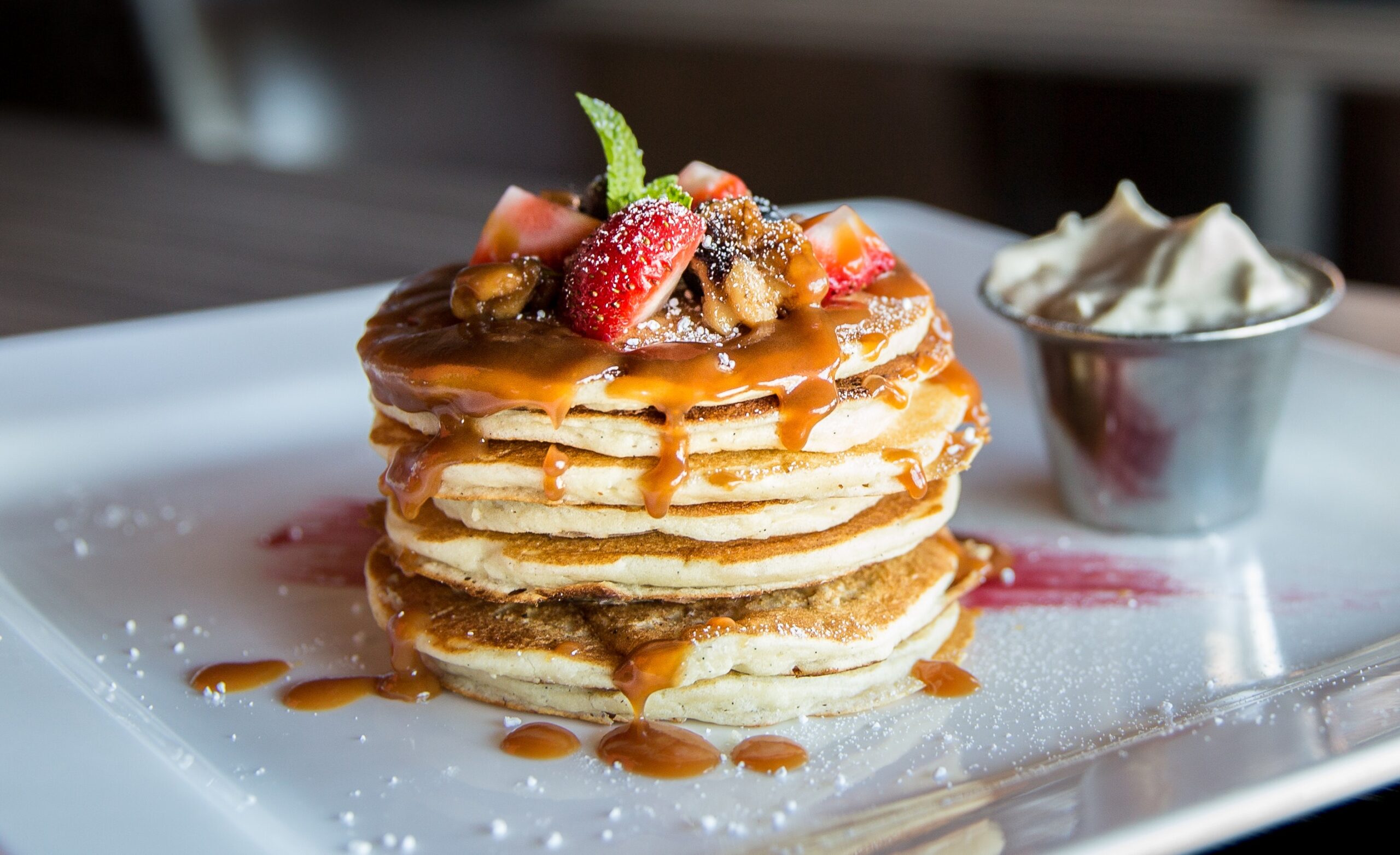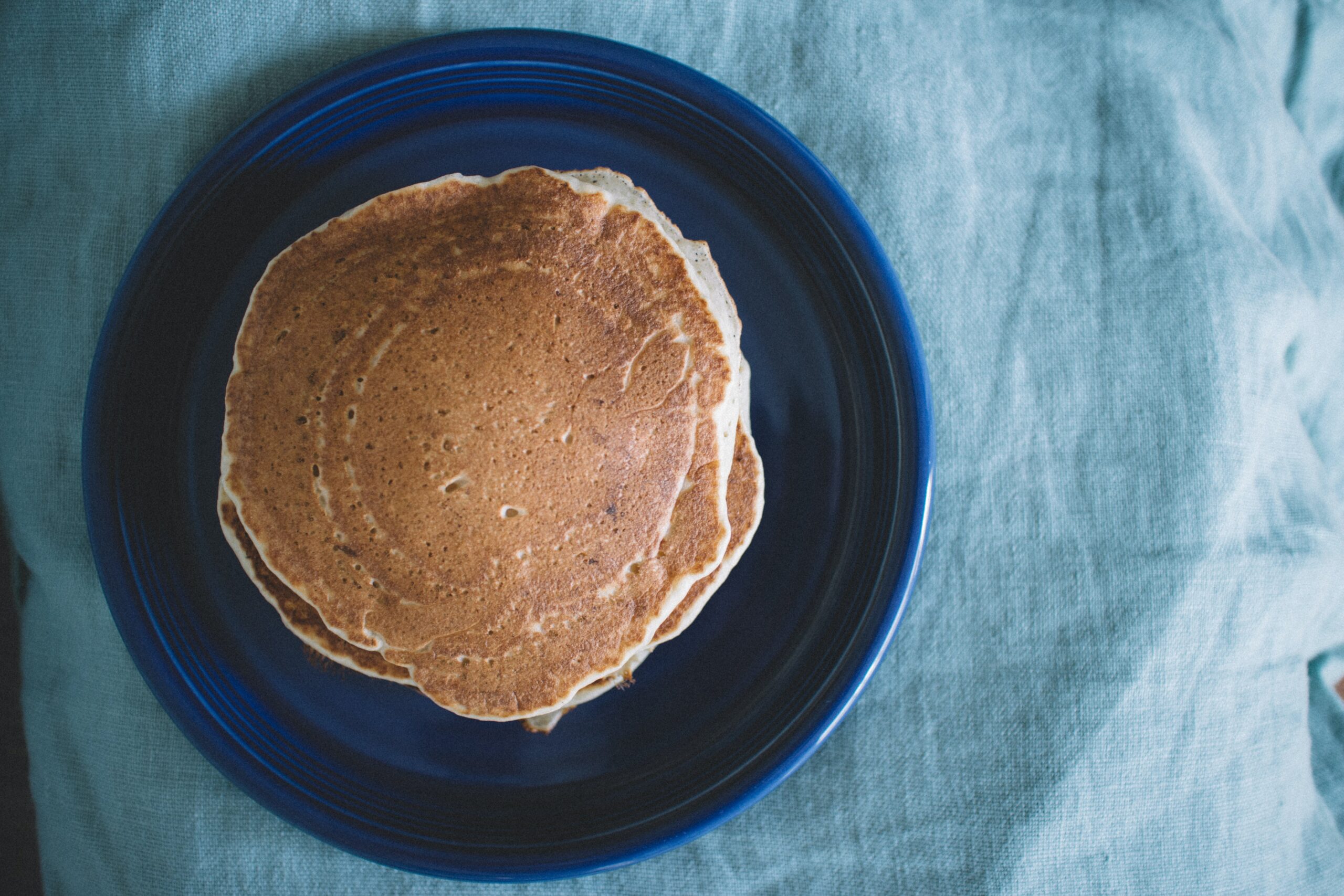Can you skip breakfast on your weight loss diet?
It is said that it is the most important meal of the day, myth or reality? We explain the consequences of skipping breakfast in your weight loss diet.
Although it is socially stipulated that breakfast is the most important meal of the day, two points should be made in this regard, the first, that it depends on the food you eat for breakfast, and the second, that skipping breakfast may not have the consequences so negative that they have led you to believe but that it can even be beneficial if you want to lose weight . We explain the health effects of skipping breakfast.

Does skipping breakfast make you fat?
1. Arguments suggesting that skipping breakfast may contribute to weight gain:
Metabolism Kick-start: One argument is that eating breakfast kick-starts the metabolism, helping to burn calories throughout the day. However, scientific evidence supporting this idea is mixed.
Increased Hunger and Overeating Later: Skipping breakfast might lead to increased hunger later in the day, potentially causing overeating at lunch or dinner. A few studies have indicated that those who skip breakfast consume more calories during later meals.
Poorer Food Choices: There’s some evidence to suggest that people who skip breakfast might make less healthy food choices later in the day, choosing higher-calorie or more sugary foods.
Insulin Sensitivity: Regularly skipping breakfast may affect the body’s insulin response, which could increase the risk of type 2 diabetes and obesity. Some research has found that those who skip breakfast have poorer insulin sensitivity.
2. Arguments suggesting that skipping breakfast does not necessarily lead to weight gain or can even assist in weight loss:
Caloric Intake: Simply put, if you skip a meal, you’re likely to consume fewer calories over the course of the day, assuming you don’t compensate by eating a lot more during later meals.
Intermittent Fasting: Some popular intermittent fasting protocols involve skipping breakfast. Research has shown that when done correctly, intermittent fasting can be an effective weight loss and health strategy for some people.
Personal Variation: Not everyone wakes up hungry, and some people might naturally prefer to eat their first meal later in the day. The idea of a one-size-fits-all approach to meal timing doesn’t account for individual variation.
So, what’s the consensus?
As of my last update in September 2021, there isn’t a definitive answer. Different people may have different responses to meal timing, and much depends on overall dietary habits, lifestyle, physical activity, and genetics. Some large-scale observational studies have shown correlations between regular breakfast consumption and healthier weight, but correlation doesn’t imply causation.
If weight management is your goal, it’s essential to focus on overall caloric intake, diet quality, and physical activity. Whether or not you choose to eat breakfast should be based on personal preference, how your body feels, and your energy needs.
Remember to always consult with a healthcare or nutrition professional about changes to your diet or eating habits.
According to a study published in the BMJ medical journal , there is insufficient evidence to conclude that skipping breakfast leads to weight gain . What would it mean to skip breakfast on a controlled weight loss diet? Well, neither more nor less than shortening the window or time slot of food intake, that is, you would spend more hours without eating. This type of limitation of hours would mean intermittent fasting, that is, you would consume all the calories of the day within a shorter period of time.
The most common intermittent fasting is 16:8, 16 hours of fasting compared to 8 hours of intake, you could also do it for more hours without eating or at least 12:12, 12 hours without eating and 12 in which you could take food. This time without eating implies that the body stops consuming glucose to consume energy and begins a process called ketogenesis that uses stored fat to give the body energy , that is, it facilitates fat burning and therefore contributes to losing weight.
If you skip breakfast, you would be doing that intermittent fasting by stopping eating for more hours, this process will rest the organs and help you eliminate toxins . According to Dr. Isabel Belaustegui , an expert in nutrition, “Incorporating the practice of fasting is a good investment in health and well-being. It improves digestion and intestinal health, increases the feeling of physical well-being and mental clarity, helps in weight control, increases defenses and enhances the feeling of vitality.”
Does skipping breakfast make us gain weight?

From Medline Plus they assure that breakfast is one of the most important meals of the day , so eating a healthy breakfast can help us stay satisfied during the day and say no to less healthy snacks.
However, there is no scientific study that has shown that skipping breakfast directly leads to weight gain.
Thus, experts emphasize that we must always listen to the body . If we are not hungry when we wake up, we can wait until we feel ready to eat and eat breakfast a few hours later.
Is it necessary to reduce the consumption of carbohydrates to lose weight?
Experts say that you have to learn to distinguish between simple and complex carbohydrates . On the one hand, simple carbohydrates, found in foods like cookies and candies, lack vitamins, minerals, and fiber, so cutting back on these sweets will always be an option to eat healthy and, as a consequence, lose weight.
However, complex carbohydrate foods like whole wheat bread, legumes, and fruit have many nutrients that are good for our bodies.
In short, you have to reduce the consumption of simple carbohydrates , but keep complex carbohydrates on the menu, indicate from Medline Plus.
If it says “fat-free” on the label, can we eat as much as we want without gaining weight?

Most foods labeled fat-free or low-fat contain added sugars, starches, or salt that offset this reduction in fat.
That is why we should not abuse these foods , since many times they contain the same calories or even more than the version with sugar.
Experts point out that you should always check the nutrition label to find out how many calories each serving has, and control the portions you eat.
When is it not advisable to skip breakfast?
If you are going to skip breakfast and then incorporate unhealthy foods such as ultra-processed foods, sugars or industrial pastries into your diet, not having breakfast will not help you lose weight, much less to lead a healthier life, so intermittent fasting would not fulfill its purpose. function . Nor will it if you are going to binge during the period of time in which you are going to eat, from lunch to dinner.

If you are going to skip breakfast to benefit from the benefits that intermittent fasting offers, your intake time should include real food, plenty of water, fruit (unless you are on a ketogenic diet), vegetables, healthy fats, and quality protein . Exercising and getting enough sleep are two factors that will help you control your weight if you do a healthy intermittent fasting by skipping breakfast.
Not all breakfasts are worth
If you like to eat breakfast and within your diet you choose to have a good breakfast in the morning, which is a healthy reference for the rest of the day’s intake, choose foods that allow your blood glucose levels to be stable without causing insulin spikes They are responsible for the accumulation of fat in the body . A natural Greek yogurt with oats, nuts and blueberries, a mushroom omelette or a poached egg with avocado and some fruit are very interesting options to set the healthy rhythm of the day and control weight effectively.
Avoid sugary cereals, industrial pastries, biscuits with turkey meat and other breakfasts considered traditional that will not satisfy you for a long time and will raise your blood glucose levels . Eating breakfast can be a treat and help you control your weight, but skipping it can also be a very healthy way to take care of yourself. Two healthy options as long as you choose well what to eat and when to do it.

